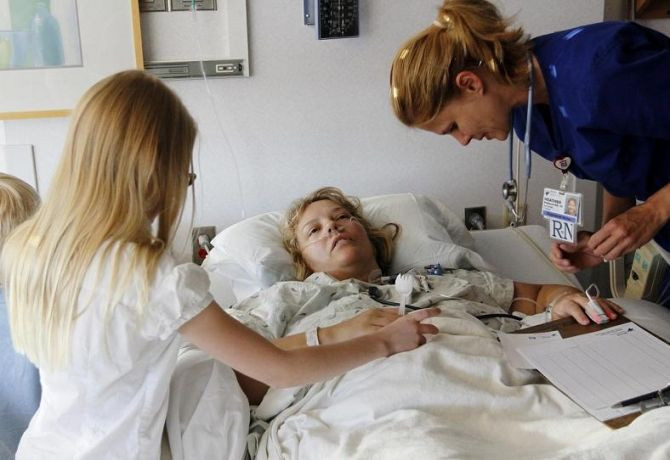Study Finds Unexpected Surge in Registered Nurses

A nursing supply that has faced an alarming shortage over the past decade appears to be on the verge of rebounding, according to a new study.
The RAND Corporation said Tuesday it had found a surge in the number of young people becoming registered nurses.
"The spike we've seen in young women becoming registered nurses is dramatic," said David Auerbach, the study's lead author and an economist at RAND, a nonprofit research organization. "If the trend continues, it will help to ease some of the concerns about future nursing shortages."
The study showed that registered nurses increased by 62 percent from 2002 to 2009, approaching numbers not seen since the mid-1980s. According to researchers from the RAND Corporation, Vanderbilt University and Dartmouth College, new entering cohorts are projected to become the largest group of nurses ever observed.
A decade ago researchers predicted that the United States could face a shortage of 400,000 registered nurses by 2020. Between 1983 and 1998 the proportion of the registered nurse workforce under age 30 dropped from 30 percent to 12 percent, while the average age of working nurses increased from age 37 to 42.
Auerbach points to a decline in other stable middle class jobs, a modified education system, expanded government funding, and private sector campaigns as like Johnsons & Johnson’s Campaign for Nursing’s Future as cause for the recent surge in registered nurses.
“With a depressed economy and decline in manufacturing and other stable middle class jobs, health care increasingly looks relatively safe,” Auerbach said. “Another factor has been a modification of education systems to be more accommodating, for example 18-month accelerated programs for people with Bachelors in something else.”
The study findings are published in the December edition of the journal Health Affairs.



























